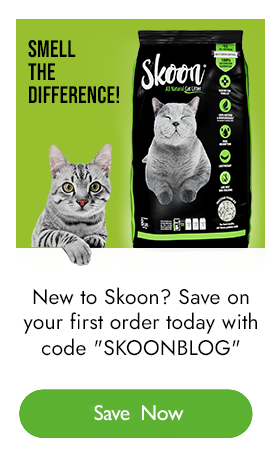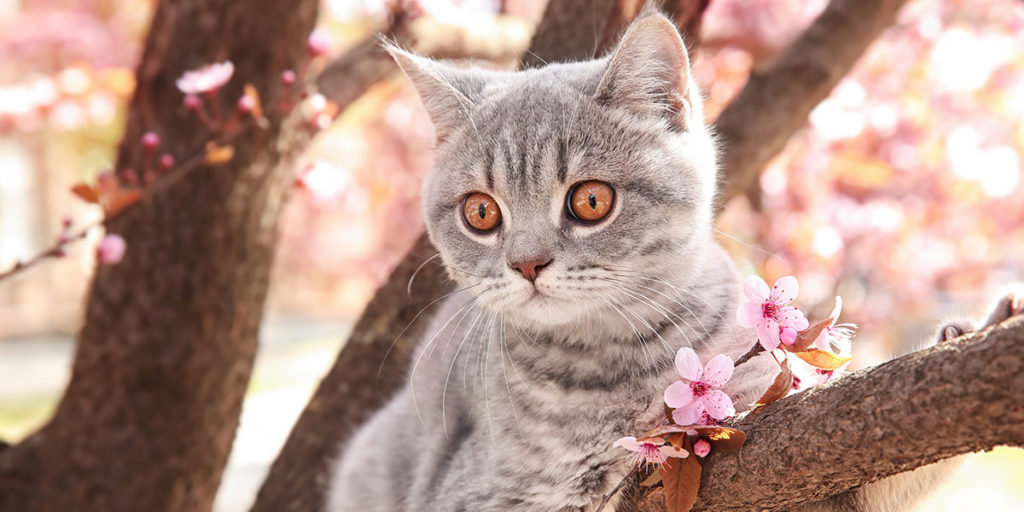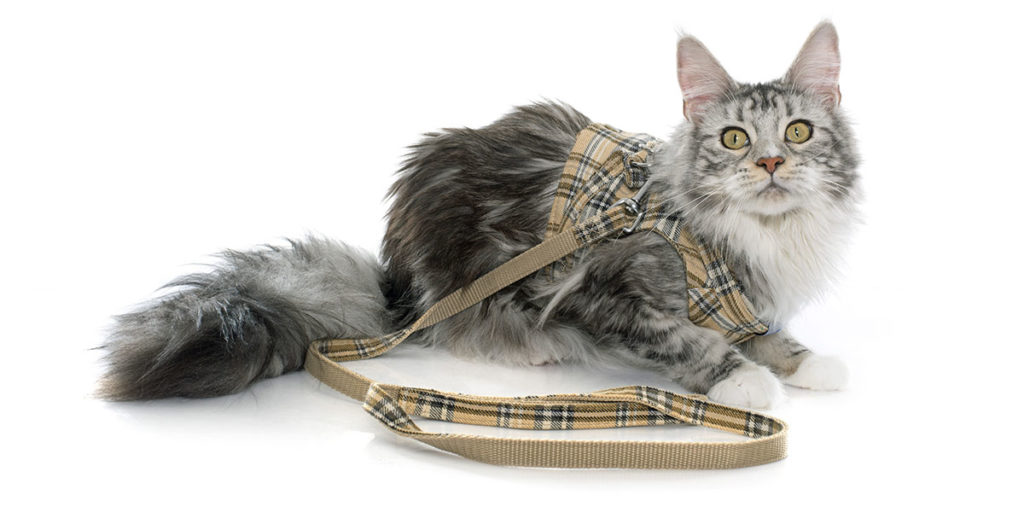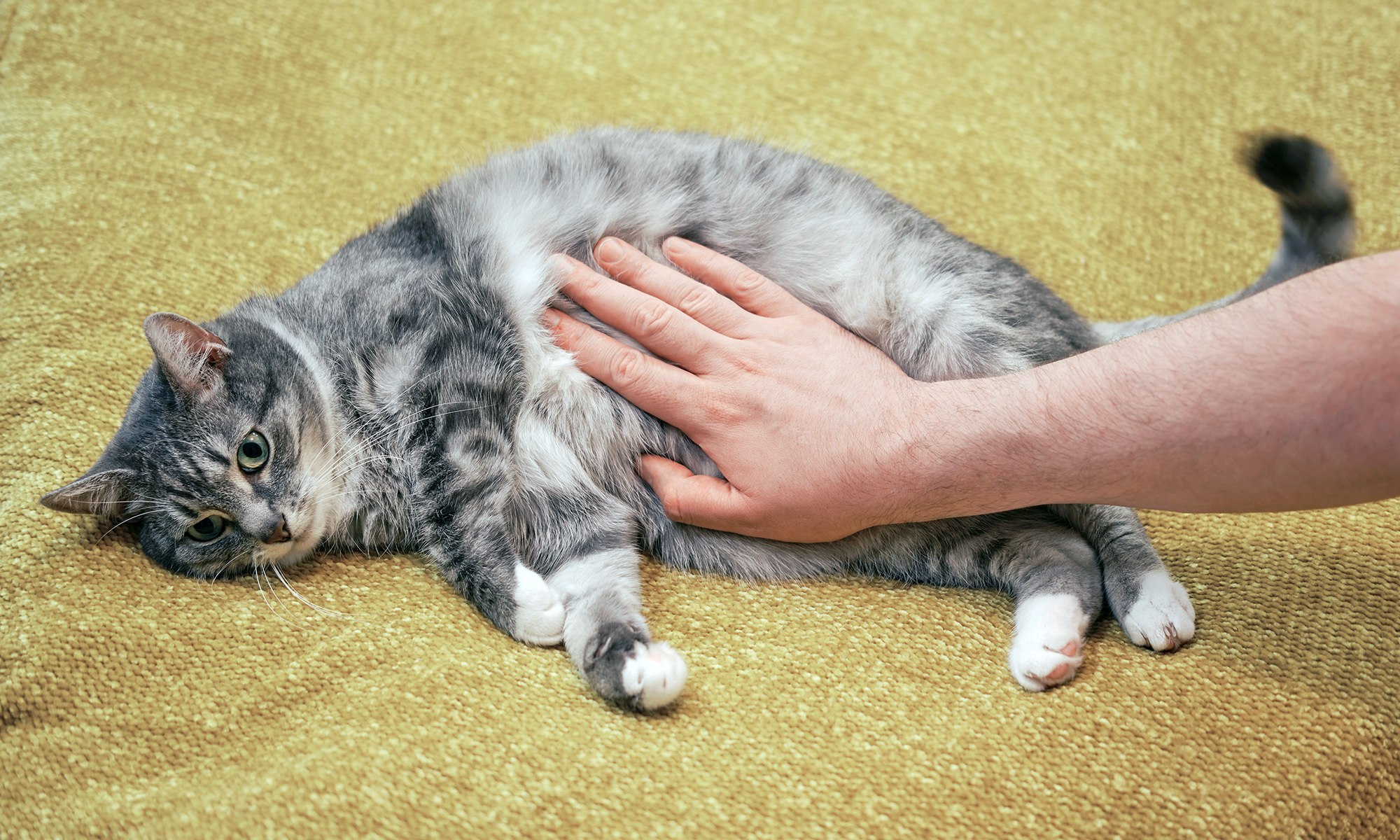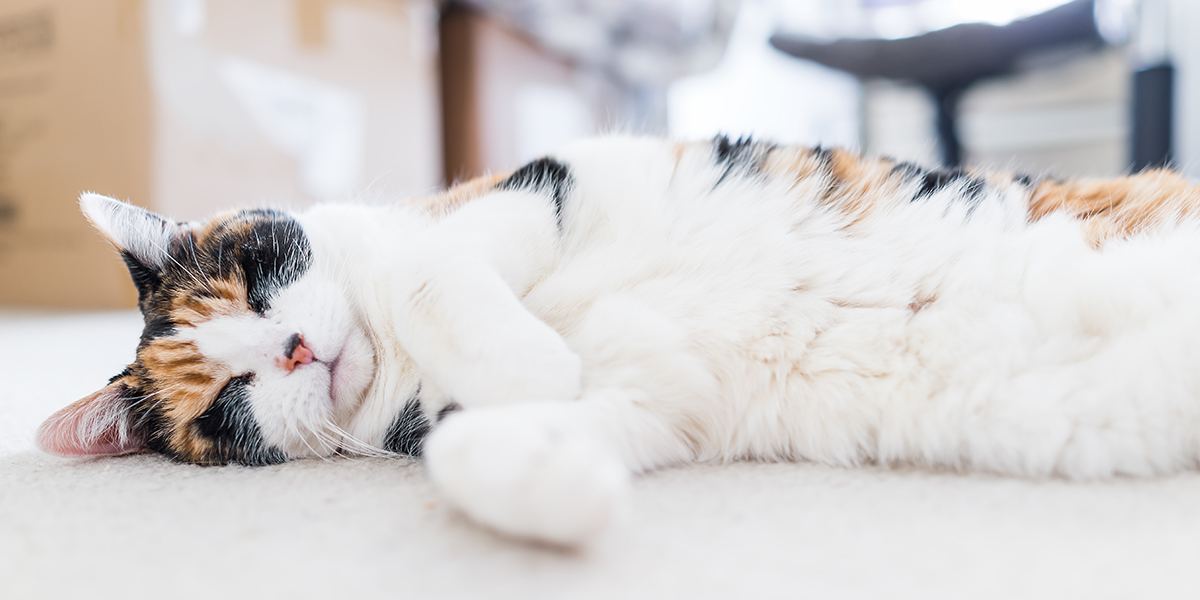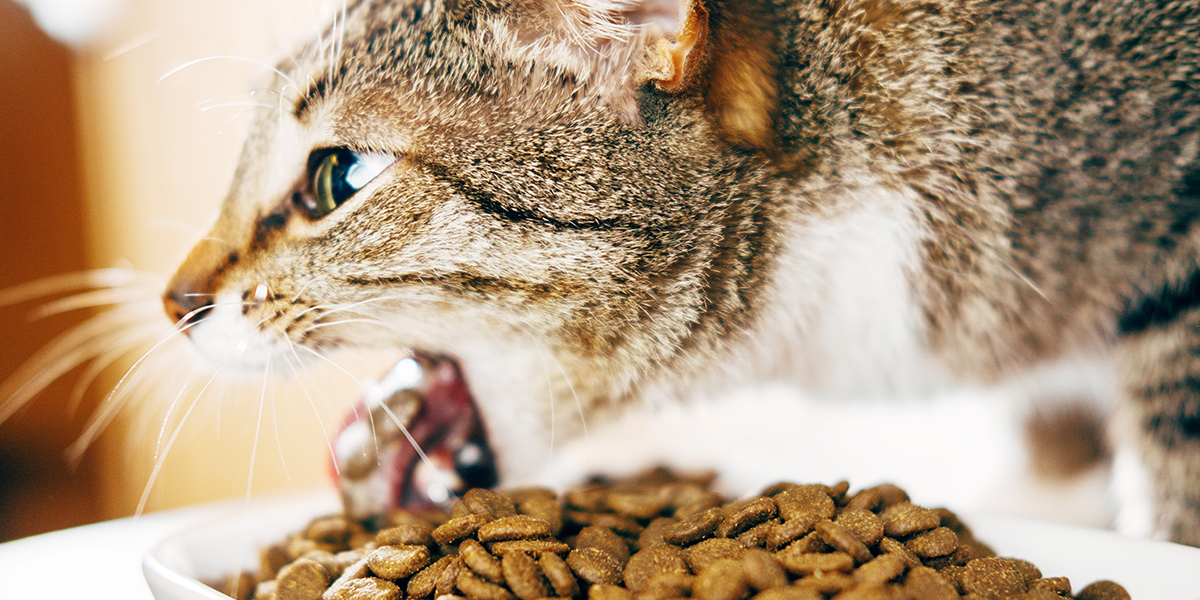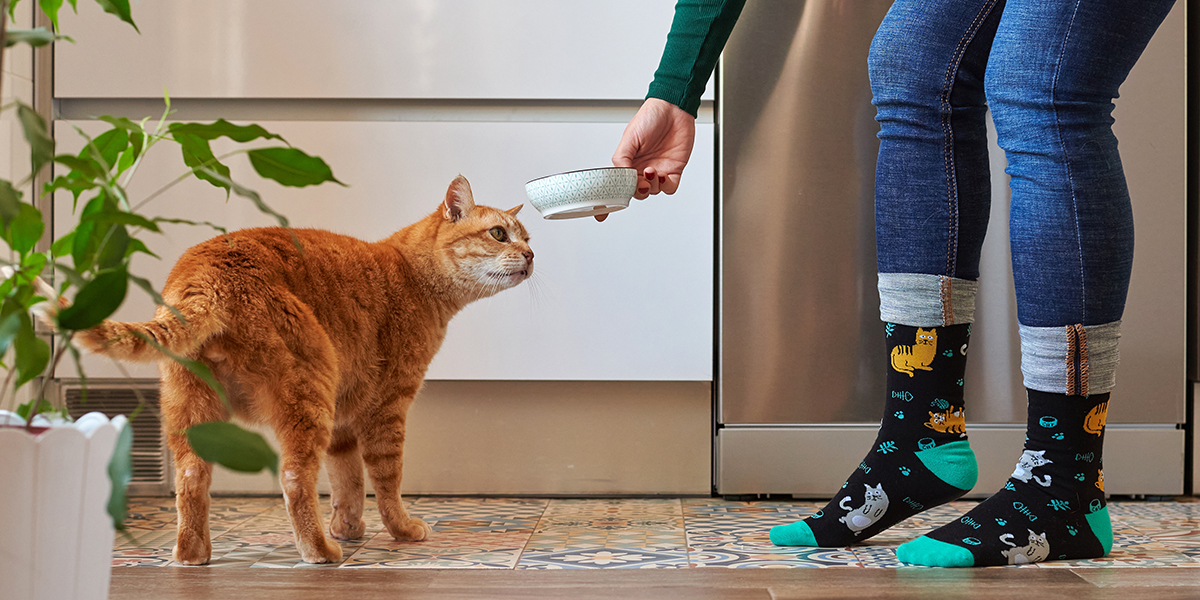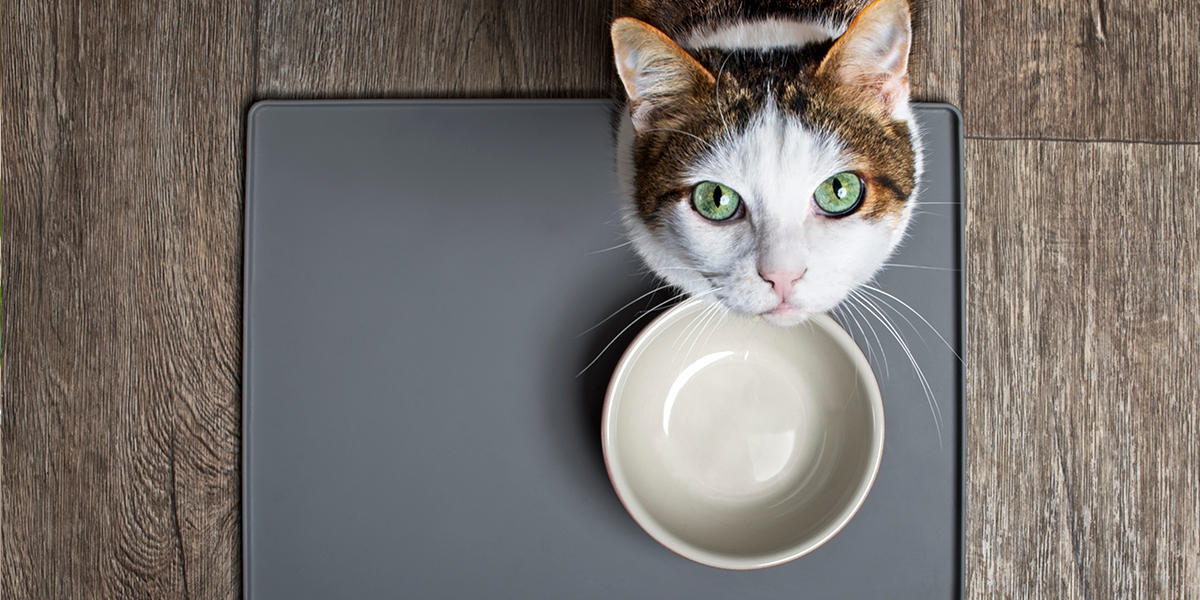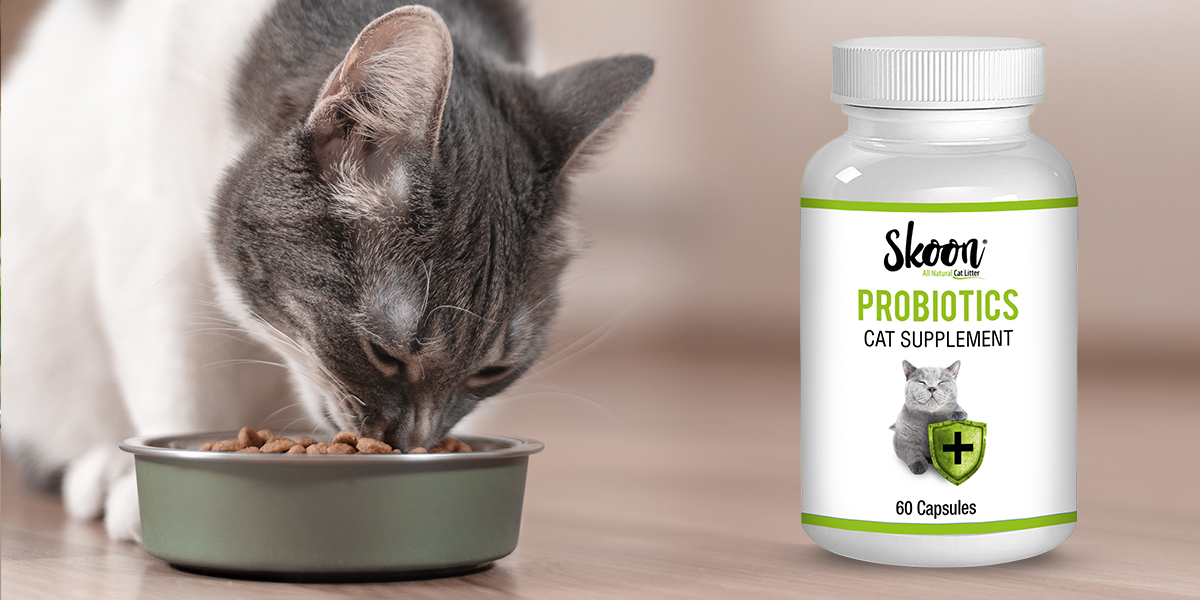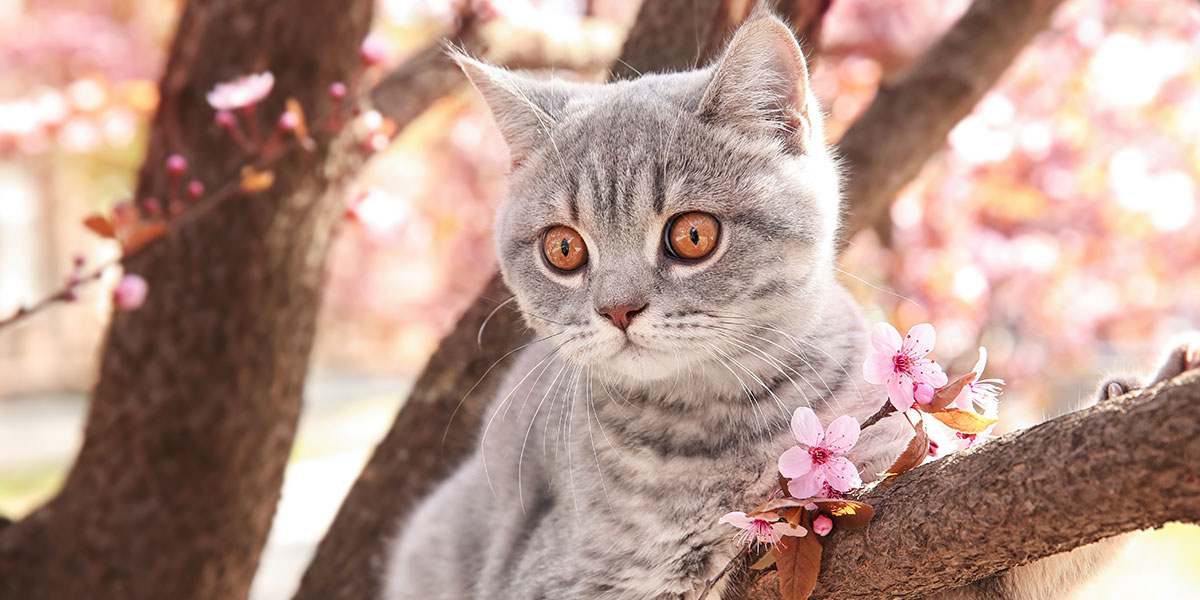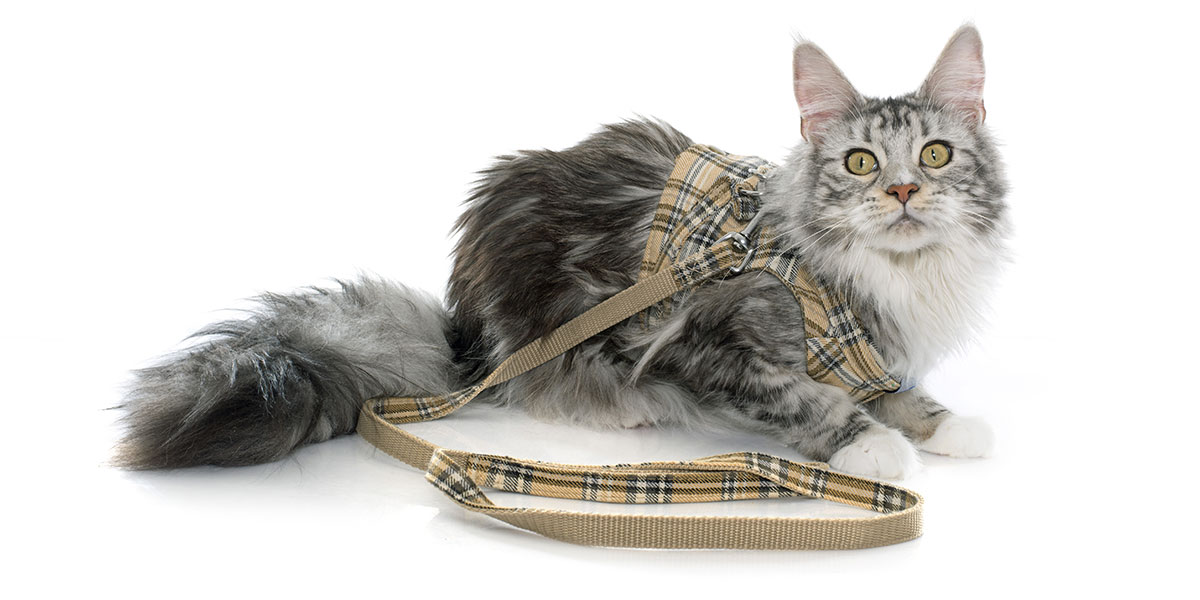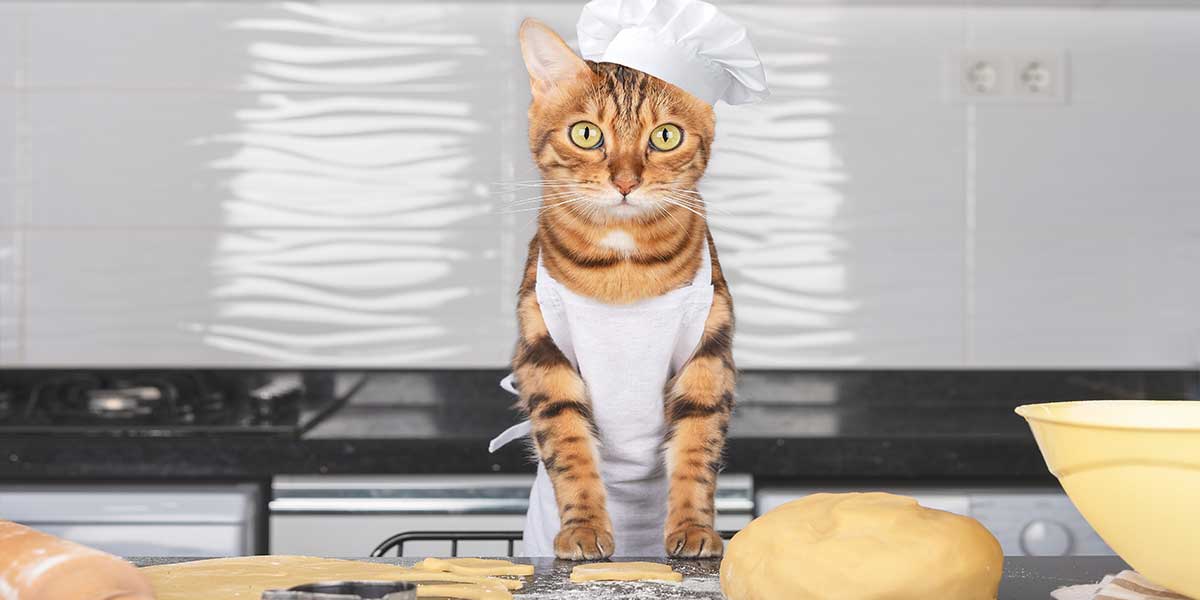Here’s What You Need to Know About Sensitive-Stomach Cat Food
In many ways, cats are just like humans. Sometimes, certain foods are just too much for their little bodies to handle, similar to those of us who deal with gluten, dairy, or other food intolerances. While there’s a chance your cat could have a food allergy, more often than not, their discomfort is likely the result of a food sensitivity. The warning signs are in line with what humans experience: You may notice diarrhea or loose stools in their cat litter box or catch your cat vomiting up more hairballs than usual. Although the kind of food they eat may not always be to blame, it’s worth investigating, especially because it can be a relatively quick, painless switch.
When you suspect that your cat has a food sensitivity, first bring your feline to the veterinarian to get their advice on what you should do, as well as recommendations on the best kind of sensitive-stomach cat food to buy for your cat’s exact condition. Then it’s up to you to make the switcheroo without causing any more discomfort. Not sure where to start? Keep reading to learn all the ins and outs of sensitive-stomach cat food, including what to look out for when you switch their food, the top brands to buy, and when to know it’s time to add digestive supplements to their diet.
How to Know If Your Cat Has a Food Sensitivity
We get it: The first time you notice your cat getting sick, you may go into panic mode to order a case of sensitive-stomach cat food. But it’s best to wait it out for at least a day or two to determine whether or not it’s your cat’s current food that is giving it stomach troubles. Food intolerance symptoms — diarrhea, loose stools, and vomiting — are common for many feline medical conditions, such as urinary tract infections and diabetes. Before you make a significant switch to their diet, it’s essential to know for sure that their cat food is the culprit, so evaluate their behavior for 24 hours before contacting your vet for guidance.
A food intolerance is often the direct result of food poisoning, either from spoiled food that your cat accidentally got into or a sensitivity to a particular ingredient in their food, like grains or protein. The cats who have a more sensitive stomach, which is a delicate way of saying that they lack an enzyme to digest particular food fully, may adversely react from one or both of their ends. This, of course, could be heightened if your cat has irritable bowel syndrome (cats are just like us!) or is currently experiencing a high level of stress from a big move, new addition to the family, or an underlying medical condition.
How to Properly Switch Over to Sensitive-Stomach Cat Food
As a general rule, you want to avoid switching your cat’s food (unless your cat thrives on rotational feeding) since it can often cause an upset stomach or irritability. But in an instance where drastically switching their food may be the only solution to their problem, it’s unavoidable. In this case, take a slow approach to ensure that you don’t disrupt their digestive system even more.
Swap out a small portion of their current cat food with the sensitive-stomach cat food for seven days (or longer, if you feel like your cat may need more time to adjust). By the end of that time period, your cat should be eating a whole bowl of sensitive-stomach cat food and not experiencing any kind of discomfort whatsoever. As you switch cat foods, it’s best to cut down on the number of treats or nibbles of human food you give your cat since it may be hard to detect exactly what is causing your cat tummy troubles.
What to Look for When Buying Sensitive-Stomach Cat Foods
There are so many different kinds of sensitive-stomach cat foods you can buy, making it difficult to know which option is best for your pet.
The truth: It will vary from cat to cat, so take the suggestions from us with a grain of salt. There may be some trial and error involved until you find a food that your cat loves (and their stomach does, too).
When scouring the pet store shelves, here are some good-for-your-cat ingredients to look out for in sensitive-stomach foods:
- High-quality animal protein (more on that later)
- Healthy fats (including omega 3 fatty acids)
- Easily-digestible carbohydrates
- Probiotics or prebiotics
The protein source is often what gets cats in trouble, so be sure to buy cat food with a single protein source, avoiding beef, lamb, dairy, and select white fish altogether since they are prone to stomach trouble. This allows you to nail down exactly which protein source your cat is intolerant to — if any, at all. Instead, there’s a better chance that you’ll find sensitive-stomach cat foods are made with duck, chicken, or some kind of fish. You may even find that an excellent way to ease into things is to go for cat food made with chicken and rice, which is an everyday ease for pet stomachaches. There are also grain-free formulas or sensitive-stomach cat foods made with oats as opposed to harder-to-digest grains.
In addition to the ingredients, you might also consider switching from dry cat food to wet cat food (or vice versa). If you’re having trouble figuring out if the protein or grain source is causing the discomfort, this may be a solid place to start. Wet canned food, in particular, has tons of low-carb, high-protein options that may work well with cats who have grain intolerances.
When to Add Digestive Supplements
Even after all of this, your cat may need some additional support when it comes to its diet. Probiotics are a great way to aid their gut health while also boosting their immune system and alleviating skin conditions. Take Skoon Probiotics, for example: This cat supplement is the blend of six live bacteria — the good kind — that give your cat’s body what it needs to stay healthy and working well.
Your vet may recommend giving your cat a probiotic at your initial visit for your cat’s gastrointestinal issues. But even if they don’t, feel free to bring it up to gauge their thoughts on it. Probiotics aren’t a type of medication, so they are safe to give regardless of if you get veterinarian input or not. (However, it’s recommended that you give your vet a head’s up, especially if they are trying to track what foods do or don’t work for your cat. Probiotics may alleviate the relief, skewing the overall results.)
Probiotics can be given daily with a serving of your cat’s wet or dry food. Keep in mind that you can give your cat too much of a good thing, so make sure you read the recommended dosage for the size of your cats. In the case of Skoon Probiotics, give one capsule daily for a cat up to 10 lbs. and two capsules daily for a cat over 10 pounds. Along the way, observe your cat’s behavior to see if you notice any major changes, and then report back to your cat’s vet.
Have you ever considered giving your kitty the same vitamins and minerals you take yourself? With Skoon’s Probiotics, you will help improve their overall health and vitality.

